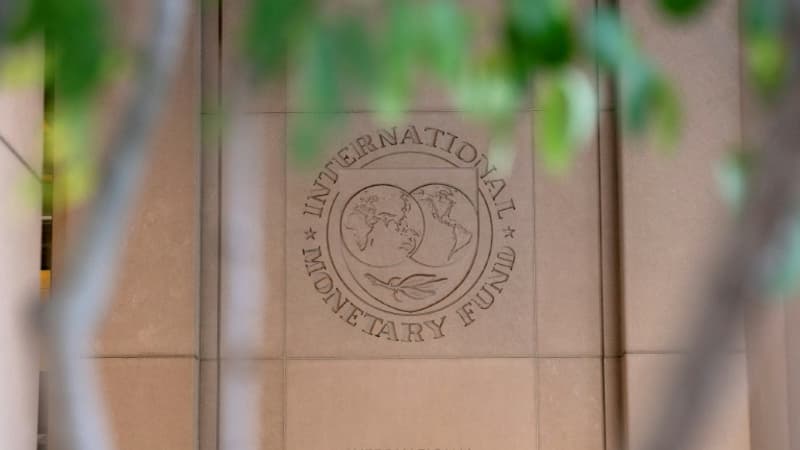“It’s time to stop ‘whatever it takes'”: After spending billions to relieve businesses and households of the energy crisis, France must start to clean up its finances next year, the International Monetary Fund recommended Monday (IMF).
“We support at all costs, but it is time” to end it, Jeffrey Franks, the IMF’s chief of mission for France, said at a news conference. “This is not about stopping all support for the economy, (but) more specifically supporting” households and businesses, “without degrading public finances,” he added, commenting on a report released Monday morning by the IMF.
“Start fiscal consolidation in 2023”
Through the freezing of electricity and gas prices, energy vouchers, discounts on fuel prices, support for companies… France has increased spending for a year, valued by the IMF at more than 2% of its GDP. The government’s initiatives have made it possible to contain the inflation rate “two or three points” below the level it would have reached without aid measures, said Jeffrey Franks. “France has the lowest inflation level in Europe thanks to the tariff shield,” Economy Minister Bruno Le Maire echoed in a reaction sent to AFP.
But these exceptional expenses have also weighed on public finances already severely degraded by the Covid-19 pandemic, during which the Government notably financed partial unemployment and the closure of companies at any price. After these two crises and at a time when aid linked to the pandemic has faded, “it is justified to start budget consolidation in 2023,” writes the IMF in the conclusions of an economic assessment mission to France, known as ” Article IV”.
However, this is not the path that Paris is taking, points out the Washington institution, which points out that “the 2023 finance law does not aim at reducing the deficit, postponing the budget adjustment to 2024.” The Government is betting on a public deficit of 5% next year after 4.9% this year, and plans to return below 3% in 2027, where its large neighbors are betting on a faster return to this level. In its document published on Monday, the IMF still expects growth of 0.7% next year in France. An estimate that “confirms” for Bruno Le Maire “the resistance of the French economy”.
Help Orientation
Still, the IMF fears “a slight widening of the deficit” in 2023, citing the extension of energy measures and the continued abolition of production taxes for companies. However, targeting energy aid could “largely” allow for a budget adjustment of a quarter of a point of GDP, the IMF calculates, also citing a possible postponement of production tax cuts. Other ways to reduce public spending and, ultimately, the deficit, according to Jeffrey Franks: pension and unemployment insurance reforms, as well as the reduction of tax loopholes.
“We will implement” the first two reforms, hammered Bruno Le Maire on Monday, while the Minister of Labor Olivier Dussopt has just presented to the social partners the new rules for calculating unemployment benefits. To reduce public spending, Jeffrey Franks also insists on “clarification of who is in charge of what” between the government and local authorities. “We see a lot of duplication of spending between the central government and local governments,” he said, calling for “streamlining.”
In the longer term, the French deficit should remain above the level at which it stabilizes debt, the IMF worries. The Washington institution therefore calls for “a sustained adjustment” to reduce the deficit to 0.4% of GDP in 2030 by reducing the growth of current spending, particularly those linked to the pandemic and the energy crisis. .
Source: BFM TV


